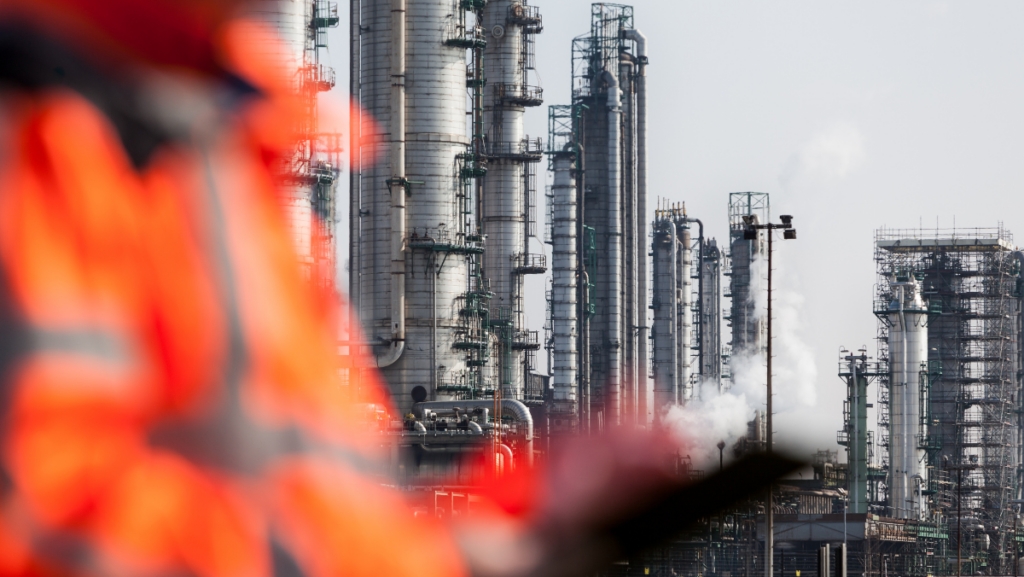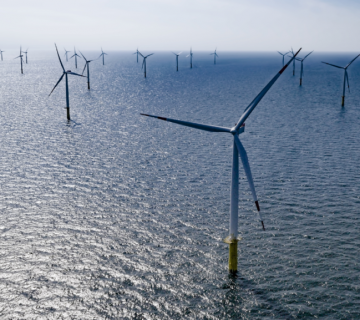Petrochemicals and stainless steel have long been related, with stainless steel an essential part of the manufacturing process since the inception of petrochemicals.
Golden Metal has been a key supplier in the petrochemicals and stainless steel industry for more than 30 years. In this blog we will cover what petrochemicals are, an overview of the petrochemicals industry and a summary of how stainless steel is vital to the industry.
What are petrochemicals?
To cover the basics, first we must ask what are petrochemicals?
In short, petrochemicals are a part of nearly every industry in modern society. They can be found in everything from clothing, tyres, digital devices, synthetic fibres, adhesives, plastics and fertilisers to packaging, detergents and countless more items that we all use on am everyday basis.
Interestingly, they are also used as part of the modern renewable energy industry, such as in solar panels, wind turbine blades, batteries, thermal insulation for buildings, and parts for electric vehicle.
Petrochemicals are made through the conversion of raw materials from oil refining and gas processing.
Overview of petrochemicals industry
According to data from statista, in 2020 ‘petrochemicals accounted for more than 16 percent of the oil demand in the OECD’ (Organisation for Economic Co-operation and Development) and in 2021, ‘the market value of petrochemicals reached USD 556.09 billion’.
It is also predicted that the petrochemicals industry is expected to expand at a compound annual growth rate (CAGR) of 6.2% between 2022 and 2030. The reason for this is because petrochemicals are seen as a vital component for countless industrial processes.
There is expected to be an increased demand for downstream products from various end-use industries such as construction, pharmaceuticals, and automotive, all of which are driving factors in the petrochemicals industry.
The expending chemicals industry and the increase in polymer consumption in the Asia Pacific region are driving the growth of the petrochemicals industry in this area. Indeed in 2021, Asia Pacific had a volume share of more than 50.0%.
Some of the largest and most renowned players in the global petrochemicals market are:
- – BASF SE
- – Chevron Corporation
- – China National Petroleum Corporation (CNPC)
- – China Petrochemical Corporation
- – ExxonMobil Corporation
- – INEOS Group Ltd.
- – LyondellBasell Industries Holdings B.V.
- – Royal Dutch Shell PLC
The future of petrochemicals and stainless steel
- – Demand for petrochemicals is increasing: The importance of petrochemicals in many industries around the world is continuing to grow, with demand for plastics driving much of this growth. Demand for plastics has overtaken that of other bulk materials such as steel, aluminium and cement), nearly doubling since 2000. Advanced economies, such as the United States and Europe, are driving much of this growth.
- – Developing economies leading the growth: Advanced economies, such as the United States and Europe, are driving much of the demand for petrochemicals. Although recycling is up and there are substantial efforts to curb single-use plastics, the consumption of plastic, and therefore petrochemicals, is still increasing. Much of this is because it is proving difficult to find an alternative to petrochemical-based products in many scenarios.
- – Impact of COVID-19 on petrochemicals: COVID-19 did initially have a significant effect on the petrochemicals industry. However, the data is now showing that the industry has been resilient and has recovered since the pandemic. According to Mckinsey: ‘Despite unexpected challenges in 2021, such as new COVID-19 variants, rising commodity costs, and supply chain disruptions, the petrochemical market tightened, leading to unprecedented value creation. Overall, the industry has seen healthy demand growth, as well as significant momentum for plastics recycling and decarbonisation.’
Petrochemicals and stainless steel
Petrochemicals and stainless steel have always gone hand-in-hand. Thanks to its impressive mechanical characteristics, stainless steel has been used extensively in the petrochemical and chemical industries for many years.
The chemical and petrochemical industries present a unique set of challenges including cryogenic applications, elevated temperatures, highly corrosive environments, high pressure handling and the purity of final products. Some of the characteristics that make stainless steel perfect for use in the petrochemical industry are:
- – Tremendous corrosion resistance. This is due to its chromium content which forms a thin layer of chromium oxide on the surface of the metal, therefore preventing corrosion.
- – High tensile strength
- – Strength in high temperatures
- – Cryogenic resistance
- – Can be cold worked
- – Good ductility
- – Its ability to be recycled. Interestingly, most stainless steel objects are said to contain up to 60% recycled material.
Here are just a few of the applications for stainless steel in the petrochemicals industry include:
- – Tanks
- – Pipes
- – Pumps
- – Valves
- – Pressure vessels
- – Process piping
- – Platform accommodation
- – Cable trays
- – Subsea pipelines
These can all be found in:
- – Desalination plants
- – Sewage plants
- – Offshore oil rigs
- – Chemical and pharmaceutical industries




No comment